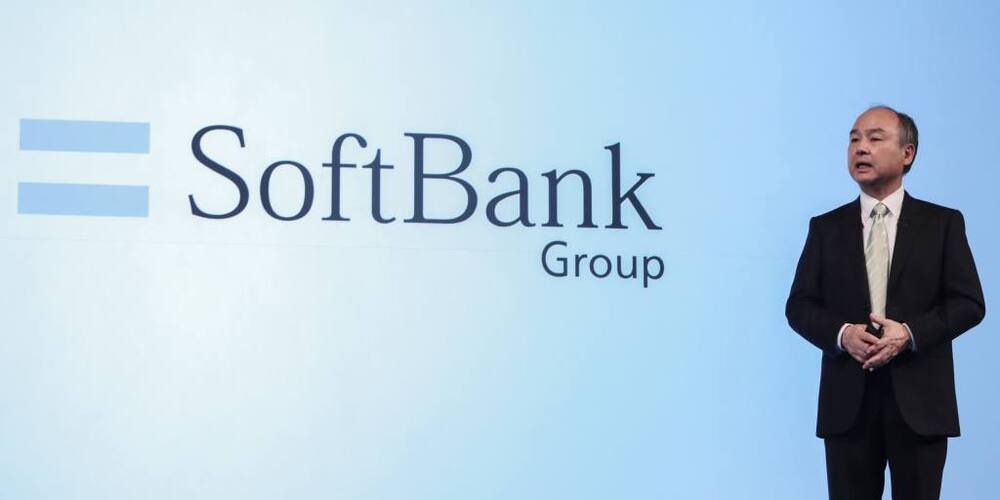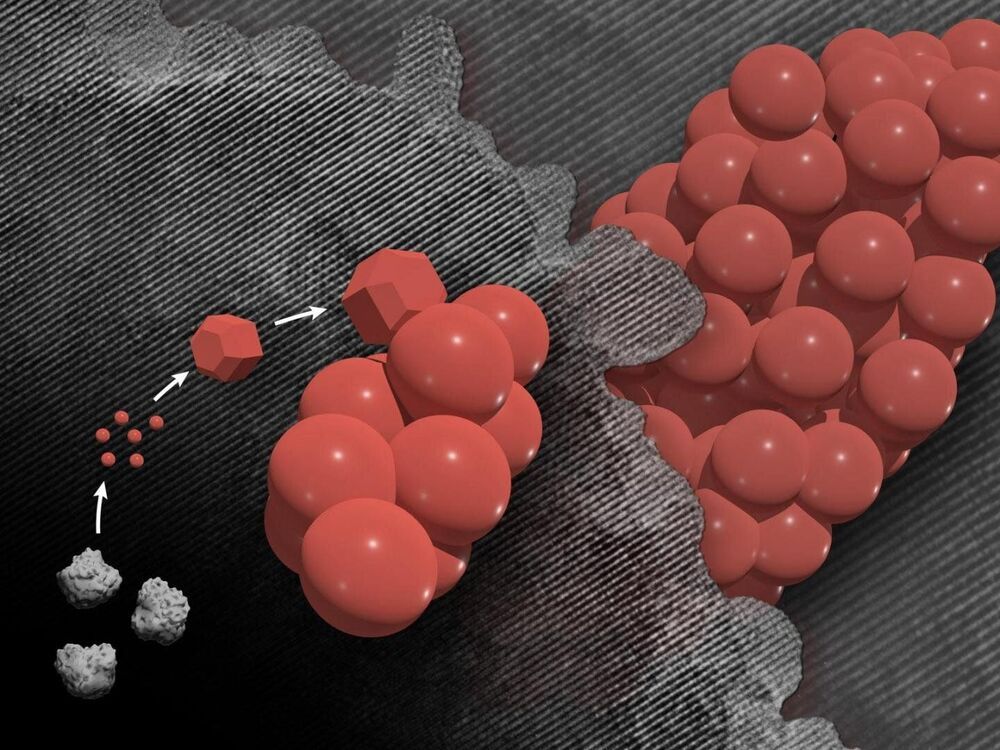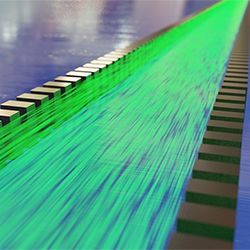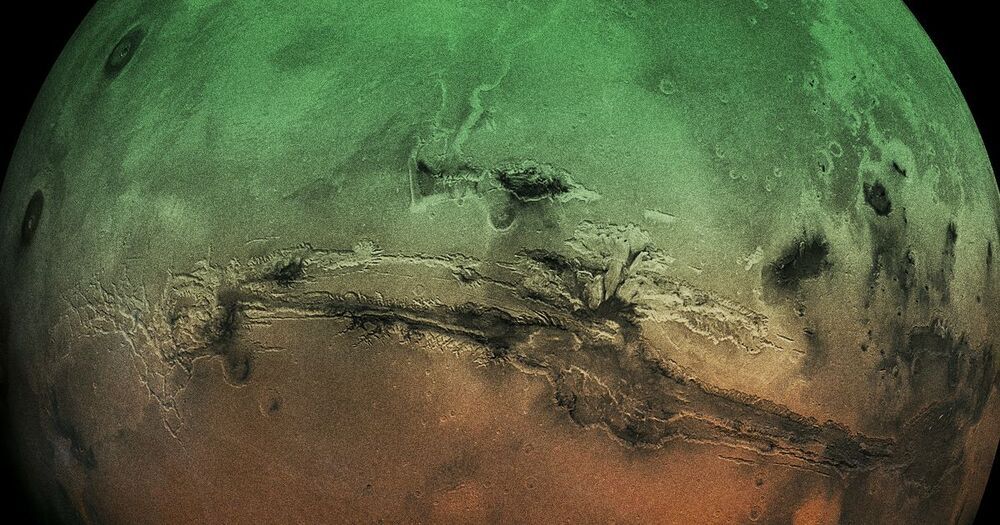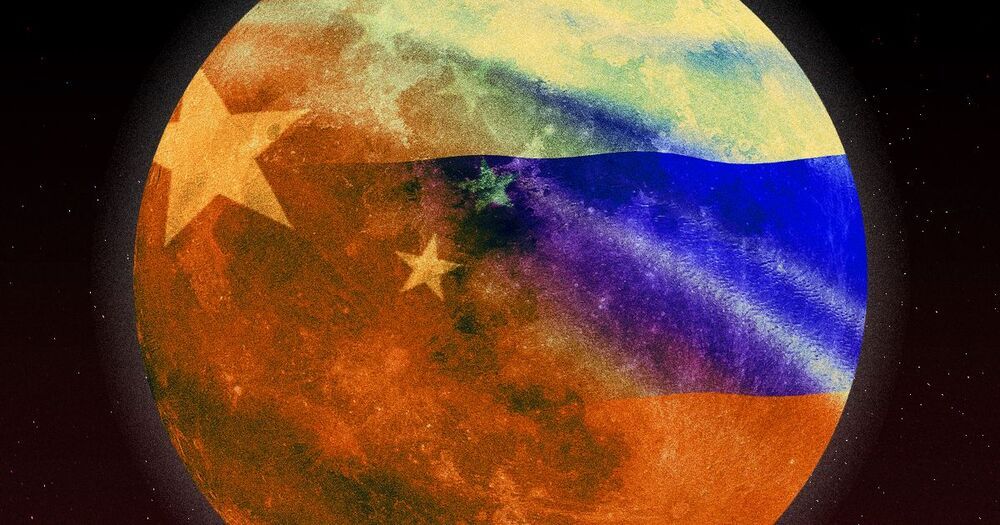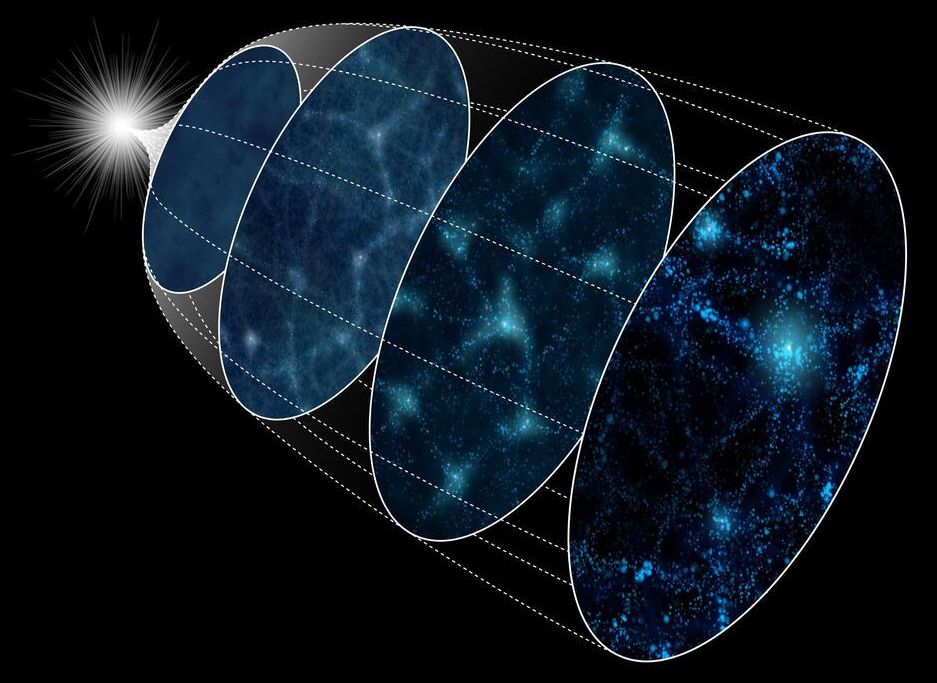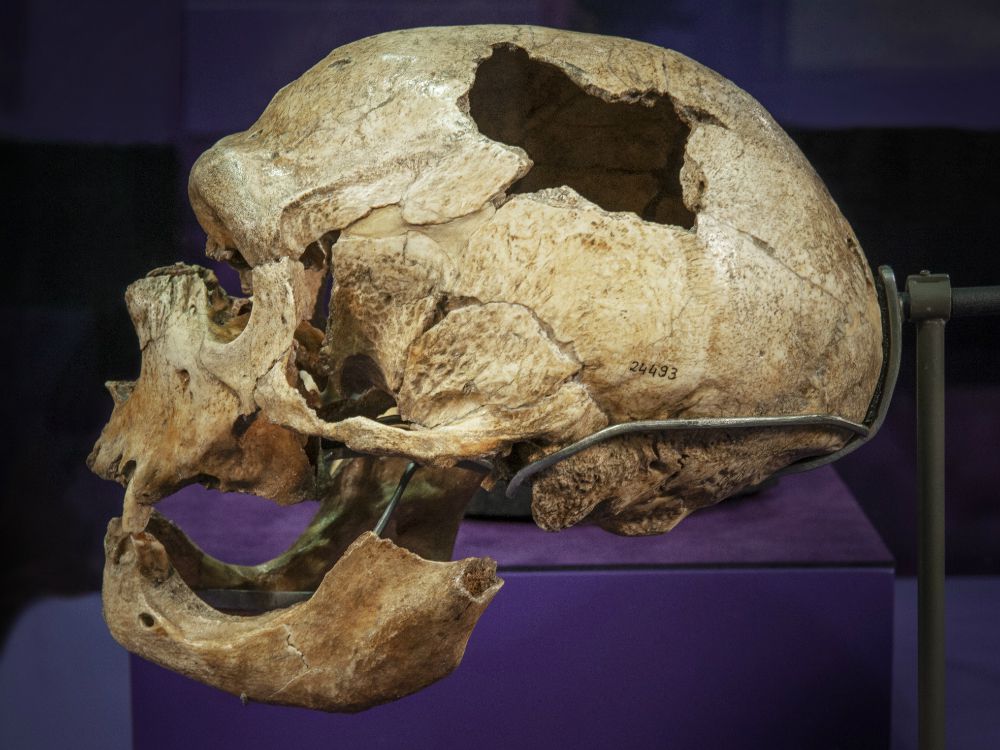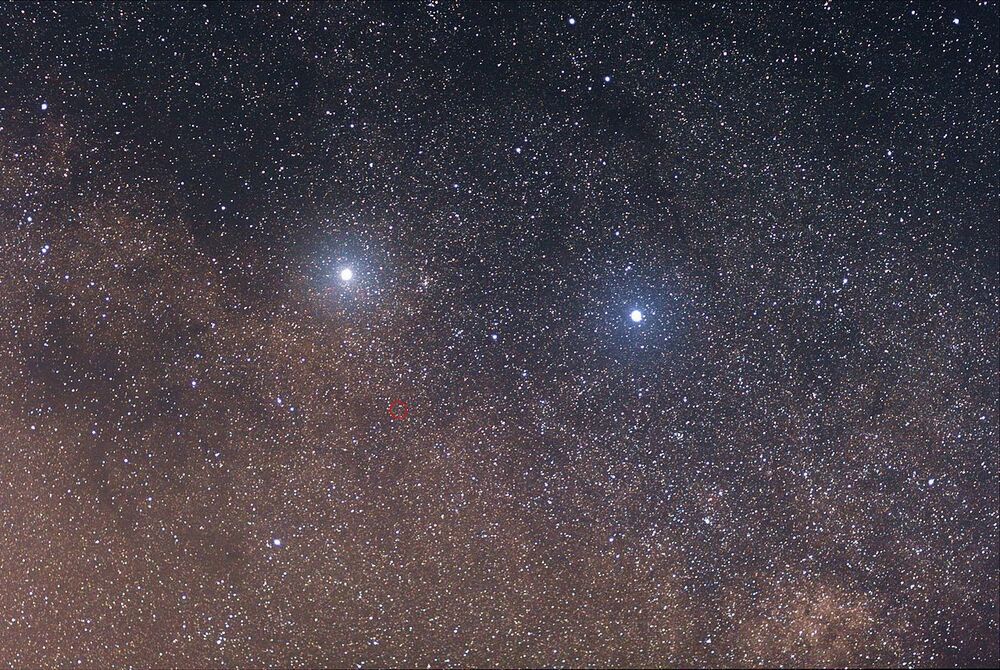TOKYO — SoftBank Group has urged some of its high-profile portfolio companies to accelerate plans for stock market listings, telling them they should capitalize on strong investor appetite for the booming tech sector.
The Japanese tech investment group led by Chairman and CEO Masayoshi Son hopes many of the businesses in its nearly $100 billion Vision Fund will tap the bullish sentiment for tech companies after the coronavirus pandemic, sources familiar with SoftBank’s strategy say.
